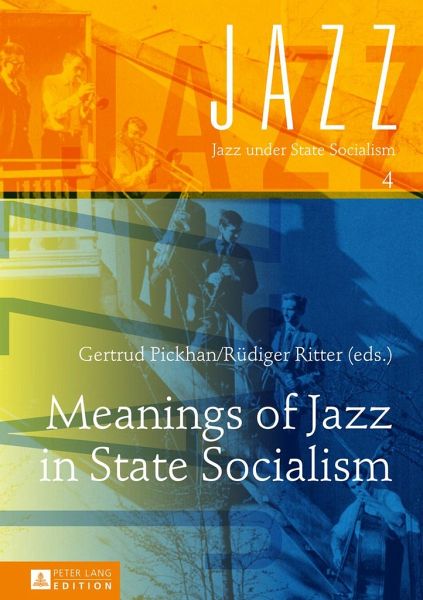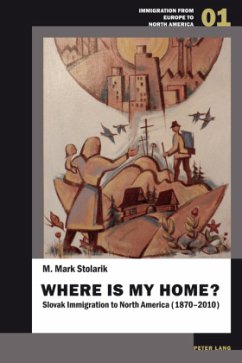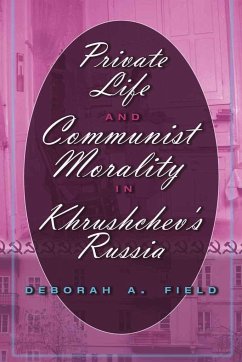
Meanings of Jazz in State Socialism
Versandkostenfrei!
Versandfertig in 6-10 Tagen
67,75 €
inkl. MwSt.

PAYBACK Punkte
0 °P sammeln!
During the Cold War, jazz became a cultural weapon that was employed by both sides to advance their interests. This volume explores the history and roles of jazz in Poland, the German Democratic Republic (GDR), Czechoslovakia, Hungary, the Soviet Union, and the Baltic States by means of several case studies. The American administration attempted to destabilize the political systems of the Eastern Bloc countries, while the powers responsible for culture in the Eastern Bloc countries tried to curtail the US propaganda campaign. This resulted in distinct jazz traditions and jazz scenes, each gove...
During the Cold War, jazz became a cultural weapon that was employed by both sides to advance their interests. This volume explores the history and roles of jazz in Poland, the German Democratic Republic (GDR), Czechoslovakia, Hungary, the Soviet Union, and the Baltic States by means of several case studies. The American administration attempted to destabilize the political systems of the Eastern Bloc countries, while the powers responsible for culture in the Eastern Bloc countries tried to curtail the US propaganda campaign. This resulted in distinct jazz traditions and jazz scenes, each governed by a distinct behavioural codex, as well as official responses in each of the Eastern Bloc countries.














